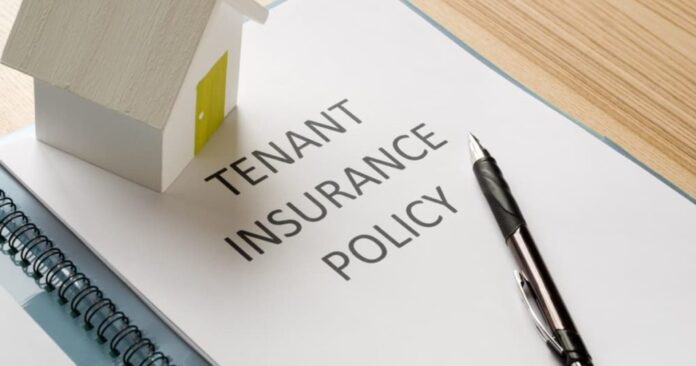Building your small business involves far more than the creation of a business plan and the appropriate signatures from your lender of choice. After all, putting pen to paper is only part of the challenge and far removed from the physical tasks involved with setting up your small business. Construction of your work area and/or store front could easily become the largest investment you’ll make, with routine delays and unforeseen circumstances hidden under every block of concrete that’s poured.
So how do you protect yourself as a small business owner to ensure that your project gets off the ground? Part of this process hinges on the people who will actually do the work – the contractors and sub-contractors you hire to complete the demanding task of building your business.
Because an informed customer is a good customer, find out as much as you can about the contractor you are considering in advance. Ask for all appropriate license numbers and a written proposal that outlines what work needs to be done and the timeline in which that work is to be completed. Check for customer references and do as much homework as possible before you make the decision to hire. And, above all else, be sure to hire an insured contractor or sub-contractor to complete the job.
Risks involved with hiring uninsured contractors or sub-contractors
Here are some of the reasons not to hire uninsured contractors/sub-contractors:
Uninsured contractors are a danger to your financial affairs because they expose you to significant financial risk in the event of an injury or damage to property. Though they may present you with an opportunity to save money in the short term, the long term risk to which you are being exposed may prevent you from ever opening your doors for business.
Uninsured contractors may have no way of repaying you for any property damage he or she causes, putting the risk of extended damage squarely on your shoulders. If you are renting the location of your business, your agreement may explicitly state that you must hire an insured contractor to complete the job. Failure to do so could put you at considerable risk should damage to property occur.
If you think to yourself that your property insurance policy will cover whatever damages or losses occur as a result of your uninsured contractor, think again. If an employee of the contractor is hurt while working on your property and a prolonged hospital stay is required, different insurance scenarios can come into play depending on the status of the contractor. If the contractor is licensed, his workers compensation policy will come into play. If he is unlicensed and uninsured, then your insurance policy becomes the primary insurance.injured uninsured contractors
However, when a serious accident occurs, both the injured party and all others that were impacted by the damage will likely sue to recover their loses.
If you knowingly hired an unlicensed contractor and an injury occurs during the performance of the contract, then your insurance company has the right not to pay the claim, leaving you exposed to the medical or personal injury bills. If the insurance company wins a judgement against you, any asset you receive in the future (even inheritance or money from your business) can have a lean placed against it. All judgements are made a part of your credit history and remain there until they are paid.
So what about one-man teams?
If your contractor is a one-man operation, he can be exempt from having to carry workers’ compensation insurance (ask for a copy of the Construction Industry Certificate of Exemption from Workers’ Compensation document). However, this is very risky for you, as he may well engage the services of an assistant and if the assistant gets hurt, you may have to pay the medical bills.
How to make sure you are hiring an insured contractor/sub-contractor
When hiring a contractor or sub-contractor, make sure each carries public liability and property damage insurance.
Do your homework by taking the time to check with the insurance agency to verify that the policy is still effective and will be throughout the duration of your engagement. The bottom line in this debate will affect the bottom line of your business. If the contractor is uninsured or has uninsured employees, don’t even consider hiring them. Otherwise, you could be sued and held monetarily responsible for worker’s injuries sustained while on your property.
Check with the Better Business Bureau (BBB) to discover which contractors may have had complaints filed against them and get as much detail as possible to determine whether or not the complaint was legitimate.
Shortcuts can (and have) been taken by many other people like you, but are you truly willing to take on such an additional risk before the doors of your business have even opened?
If you have any questions about business insurance or how to ensure your contractors have the right kind of coverage contact us via our contact form or call us at 1-866-358-2860.







